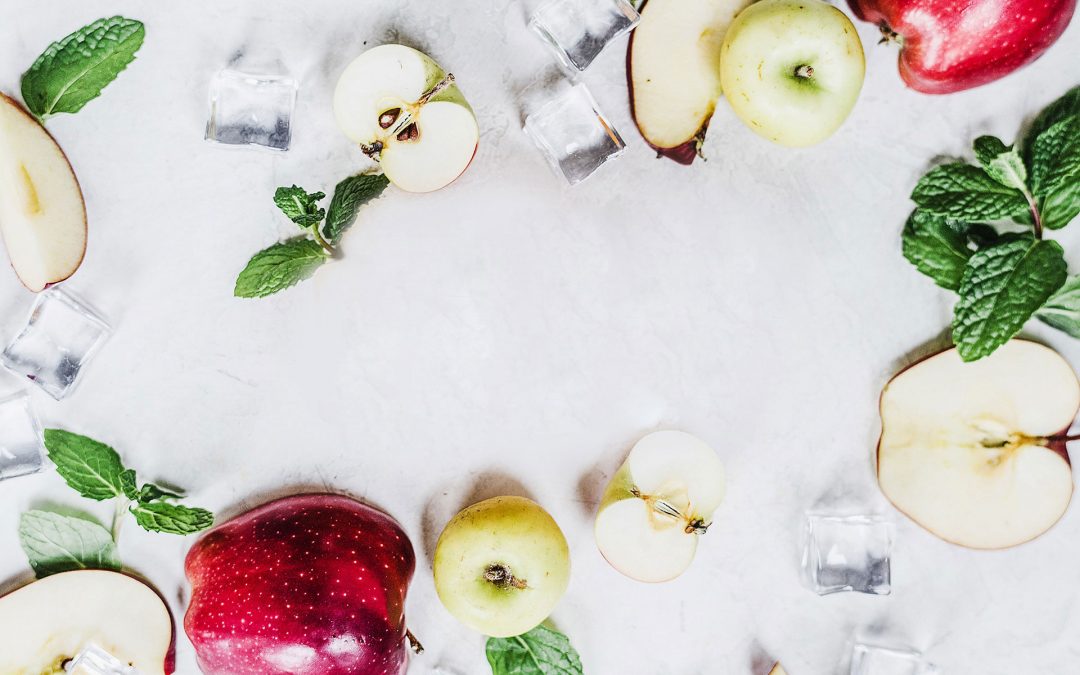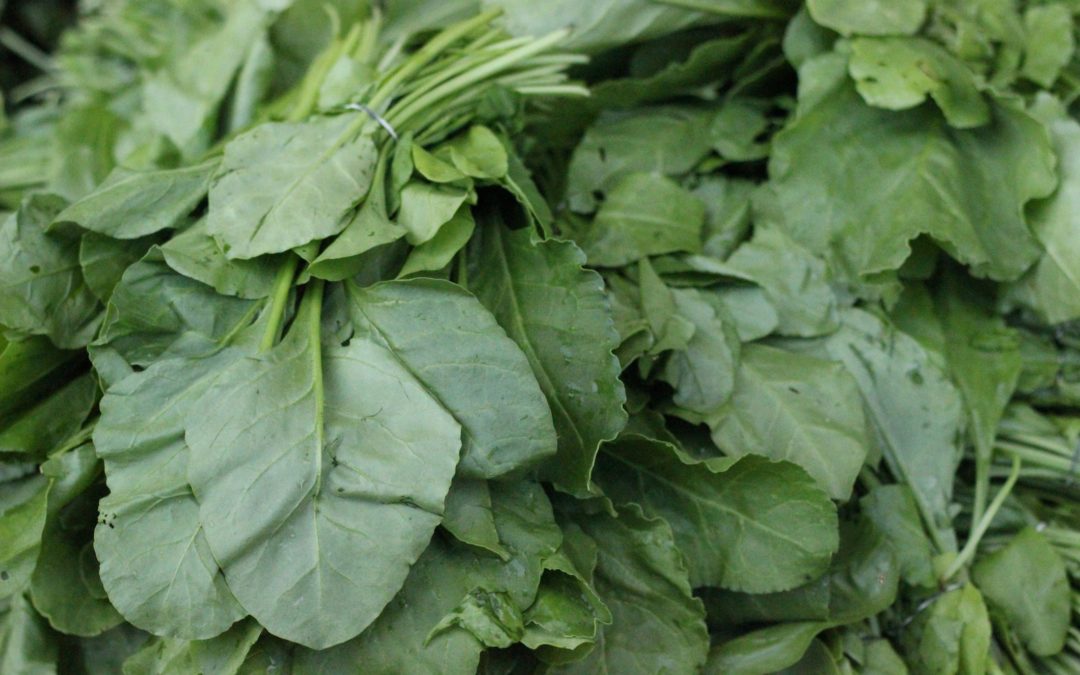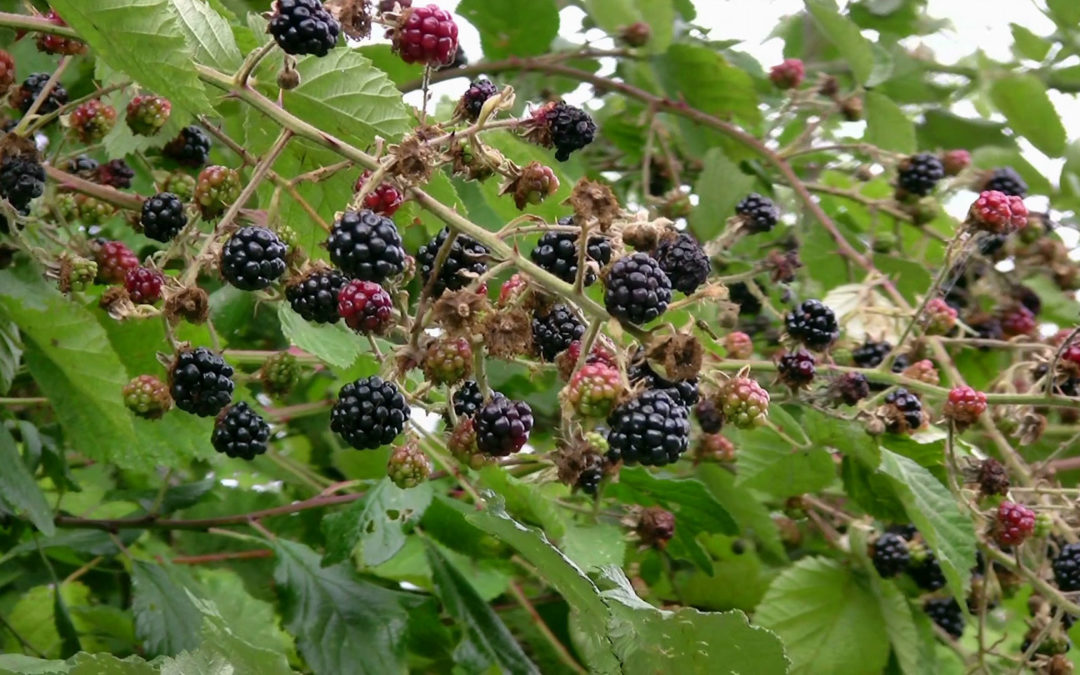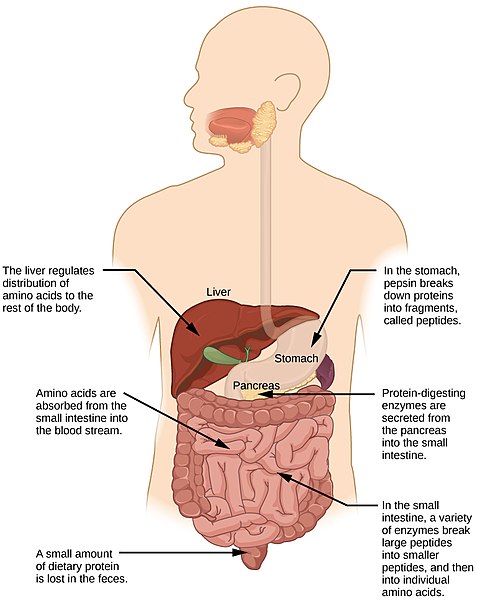
by Dr. Michael Murray | Sep 21, 2021 | Healing Food Facts, Most Recent, Natural Facts
Dr. Murray’s Top 7 Superfoods Introduction In order to provide some framework for discussion, my definition of a superfood is one that provides exceptional health benefits. Obviously, virtually any food, herb, or spice has the potential to be a superfood. But, most...

by Dr. Michael Murray | Jan 15, 2019 | Healing Food Facts, Most Recent, Natural Facts
Introduction Is memory loss and decreased brain power inevitable as we age? Many people in their 40s, 50s and beyond are told that it is and there is nothing that can be done about it. Is that true? Of course not. Steps can be taken to not only stop memory loss, but...

by Dr. Michael Murray | Jan 8, 2019 | Healing Food Facts, Health Conditions, Most Recent, Natural Facts, Weekly Health Tips
Introduction One of the biggest mistakes that people with diabetes or desiring weight loss do is stay away from fruit. While it is true that fruits contain natural sugars that have the potential to stress blood sugar control, they are also rich in fiber, antioxidants,...
by Dr. Michael Murray | Aug 8, 2018 | Healing Food Facts, Most Recent, Natural Facts
Introduction Another study indicates that even on a gluten-free diet many people with celiac disease or gluten sensitivity are inadvertently being exposed to enough gluten to continue to produce symptoms. Fortunately, new data shows that supplementation with gluten...

by Dr. Michael Murray | Jun 6, 2018 | Healing Food Facts, Natural Facts, Supplements, Treatments and Research
Gut health is a growing health craze for good reason. Digestive issues are a widespread problem affecting roughly one out or every three adults that contributes to millions of doctor visits in the United States every year. In an effort to improve their digestive...

by Dr. Michael Murray | Mar 20, 2018 | Alzheimer's Disease, Diabetes, Healing Food Facts, Natural Facts
Introduction: One of the most exciting natural products in current medical research is berberine, an alkaloid found in goldenseal root, barberry bark, Oregon grape root, and coptis (goldthread) root. I previously wrote a newsletter back in 2015 titled “Berberine: An...








